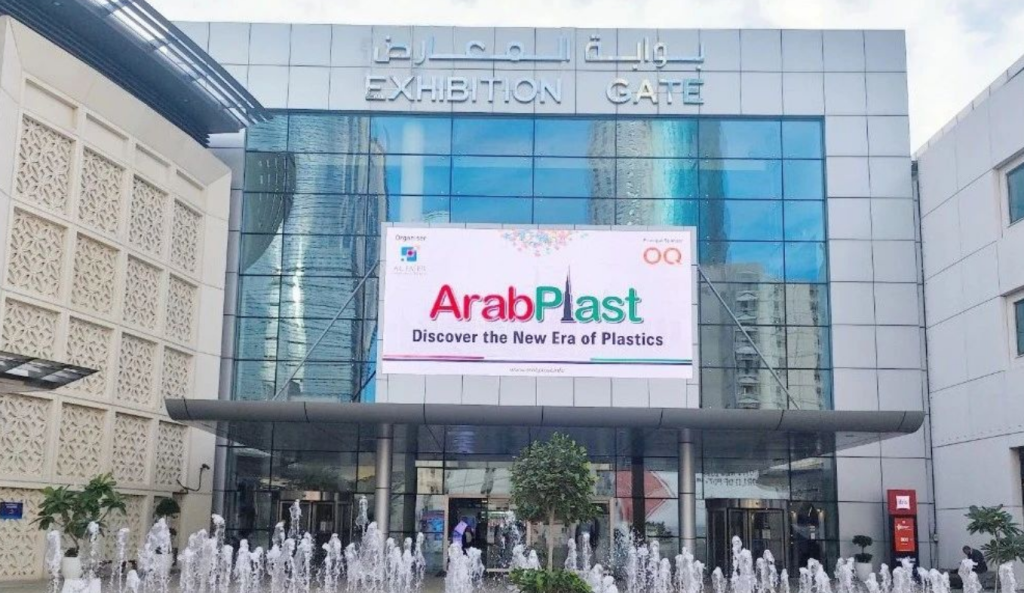January 18, 2025 – ArabPlast 2025 Concludes Successfully in Dubai, Securing Major Deals and Highlighting Sustainable Innovations
The 17th edition of the Arab Plastics, Petrochemicals, Recycling, and Sustainability Exhibition (ArabPlast 2025) successfully drew to a close on January 9 in Dubai. The event witnessed the signing of several significant cooperation agreements between Emirati, Gulf, and European petrochemical companies, totaling over 100 million AED (approximately 200 million Chinese yuan), aimed at boosting the production of eco-friendly raw materials and supporting sustainable development goals.

The three-day exhibition focused on the profound impact of environmental policies and artificial intelligence (AI) on the future trajectory of the plastics and petrochemicals industries. Over 750 leading companies in the plastics, petrochemicals, and recycling sectors from 35 countries worldwide gathered, attracting more than 25,000 professional visitors and industry experts for exchange and collaboration. Notably, the number of local exhibitors significantly increased to over 50.
According to AsiaMB, during the exhibition, numerous business leaders emphasized the central role of environmental policies and technological advancements in shaping the future of the plastics industry. These changes have not only prompted companies to shift towards more sustainable production and recycling models but have also sparked innovation across various segments.
Khalid Kabbi, Executive Director of both “Ecopolymers” and “Ecopatch,” pointed out that plastics, as a necessity of modern life, are facing severe environmental challenges. He called for enhanced recycling efforts and waste segregation, particularly in the food sector, where strict health standards must be enforced to ensure safety. Additionally, the rising environmental awareness of consumers is pushing companies to adopt more sustainable technologies and practices.
Bassel Gadawala, General Manager of “FAM Recycling,” stressed the importance of AI in the field of plastic recycling. He explained that by tracing the sources of plastic waste, AI can help reduce landfill volumes and significantly lower costs. Furthermore, a globally unified recycling policy, expected to be introduced by the end of this year under the United Nations framework, aims to prompt countries to adopt effective recycling strategies, lowering industry costs and enhancing market competitiveness.
Yamano Ade, the head of Japanese company “Shibaura Machine,” shared how AI and automation technologies have significantly improved plastic manufacturing efficiency. By leveraging remote monitoring and automated operations, the company has reduced its reliance on human labor, thereby lowering operational costs. Ade also noted that the exhibition provided valuable opportunities for initial communication between businesses and clients, adding that AI will play a crucial role in expanding projects such as lightweight materials for food packaging.
As the largest exhibition for plastics and petrochemical products in the Middle East and North Africa, ArabPlast is held annually in Dubai, showcasing the latest developments in the industry and forecasting prospects for the coming years. Additionally, the exhibition introduced a series of new products aimed at raising environmental awareness and promoting sustainability.














